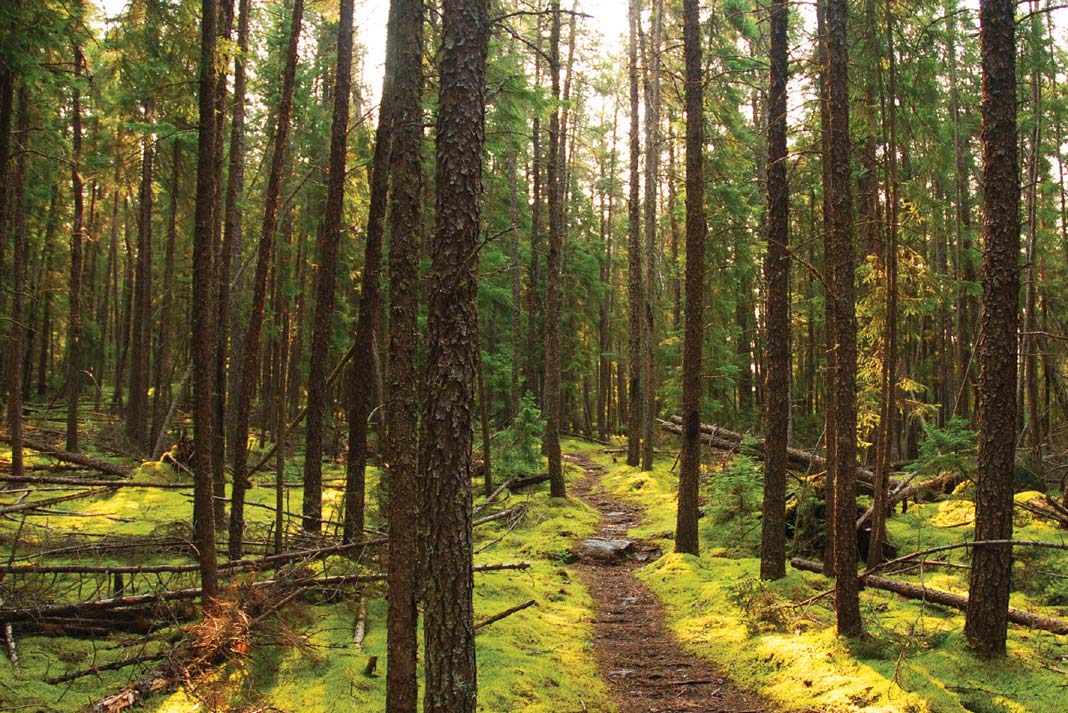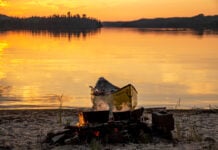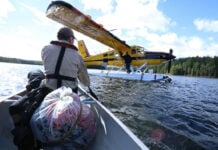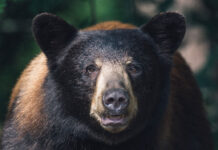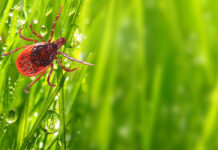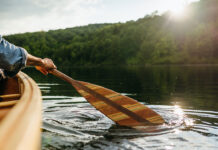A couple of years ago, I was diagnosed with benign positional vertigo. Its effect is a sudden spinning sensation similar to walking off the Tilt-a-Whirl after drinking a bottle of Jack Daniels. It’s caused by a disturbance within my inner ear.
The specialists administered drugs, told me to stop drinking coffee and sent me to physiotherapy, where they performed a fancy maneuver that involved shaking my head back and forth. I was also told that the illness lasts forever and that my hearing will gradually get worse, my balance will depreciate and wilderness canoeing, especially alone for extended periods, will have to stop.
Being diagnosed with an odd affliction was a shock, losing my hearing was upsetting and walking around as if I were drunk most of the time would pose some serious challenges. The end of my solo canoe-tripping career was absolutely unacceptable.
So I did what any wilderness-loving paddler would do—I stocked up on the drugs I needed, taught myself how to do the head-shaking maneuver and packed enough decaffeinated coffee for an extended solo canoe trip. Most doctors advised against it, but my physiotherapist promoted it—and even helped me prepare for it.
The result was one of the best trips I’ve ever had—one that included awesome rapids, phenomenal fishing, incredible scenery, utter solitude and zero spinning episodes.
Maybe wilderness travel is the cure for all; maybe a stress-free environment should be put into a bottle and sold at a pharmacy; maybe the trip was more like taking a dash of placebo. The time spent paddling was proof that there’s magic in the woods—a drug like no other—and a reminder that wilderness is a necessity of the human spirit, not a luxury.
It’s no wonder we just smirk at people who don’t understand the importance of paddling.
My daughter, now 8, has understood the passion for wilderness paddling from the age of 6 months, when she completed her first canoe trip. My wife, Alana, understands. She insists our marriage has flourished because of our canoe trips together, but also never questions the times I head out alone. My friends understand as well. That’s how we became lifelong friends—we paddle together.
All of us, every culture on this planet, are born from wilderness. When we return to the familiarity of the outdoors, our senses peak and all the ills of society fade away. The dizziness disappears.
This article was first published in Canoeroots & Family Camping‘s Early Summer 2013 issue. Subscribe to Paddling Magazine’s print and digital editions here , or browse the archives here.
This is an adaptation of the title story from Kevin Callan’s newest book, Dazed But Not Confused.
A portage a day keeps the doctor away. | Photo: Kevin Callan



